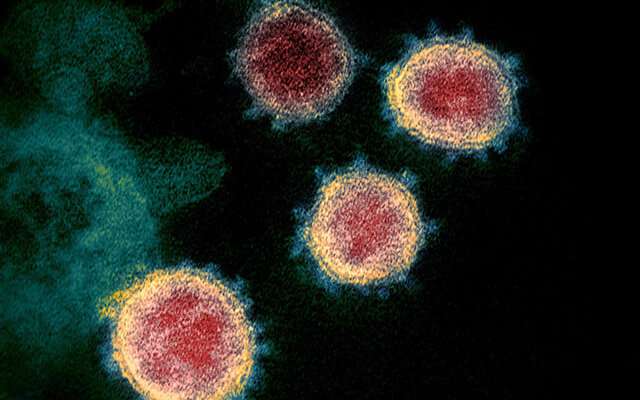Challenges in evaluating SARS-CoV-2 vaccines

With more than 140 SARS-CoV-2 vaccines in development, the race is on for a successful candidate to help prevent COVID-19. An effective and safe vaccine would be a major advance in the fight against COVID-19. However, there are challenges in evaluating the efficacy of these vaccines during the pandemic, as an analysis article outlines in CMAJ (Canadian Medical Association Journal).
Those evaluating vaccine efficacy must take into account the risk of infection in the population being studied, use of social distancing practices, rates of pre-existing immunity from earlier COVID-19 and factors that influence the likelihood of severe COVID-19.
"The dynamic and rapidly changing pattern of virus exposure and level of population immunity during the evolving pandemic are potentially important confounders in the assessment of the efficacy of SARS-CoV-2 vaccines," writes Dr. Bahaa Abu-Raya, BC Children's Hospital, Vancouver, British Columbia, with coauthors. "This should be considered in sample size calculations for efficacy trials."
Some considerations:
- Adequate sample sizes are needed to demonstrate effect of a vaccine in reducing disease and may need to be revised based on rates of SAR-CoV-2 transmission in study populations.
- Public health interventions such as social distancing may reduce transmission and affect ongoing assessment of SARS-CoV-2 vaccines.
- The baseline level of immunity could influence a trial outcome. For example, the benefit of a highly efficacious vaccine may not be evident in a population with high levels of previous exposure later in the pandemic.
- There is a possibility that COVID-19 might be more severe in some people who have been vaccinated (called antibody-dependent enhancement [ADE]). This should be monitored as vaccine-related ADE may be evident only after large numbers of vaccinated people have been exposed to the virus and followed for some time.
The authors emphasize the need to test vaccines in vulnerable populations such as seniors, health care workers, Black people and those with risk factors for severe disease and who may have a different response than younger, healthier trial participants.
"The changing dynamics of the COVID-19 pandemic present a unique challenge for evaluating vaccines for SARS-CoV-2," says author Dr. Manish Sadarangani, Director of the Vaccine Evaluation Center at BC Children's Hospital and Sauder Family Chair in Pediatric Infectious Diseases at the University of British Columbia. "Researchers need to understand the immune responses generated after infection with this virus and whether they are protective, as this will help to inform the development and evaluation of these vaccines."
More information: www.cmaj.ca/content/cmaj/early … cmaj.201237.full.pdf


















